Teaching Kids the Bible
This helpful post was written by Danika Cooley, author of Bible Road Trip and several books including the new Help Your Kids Learn and Love the Bible!
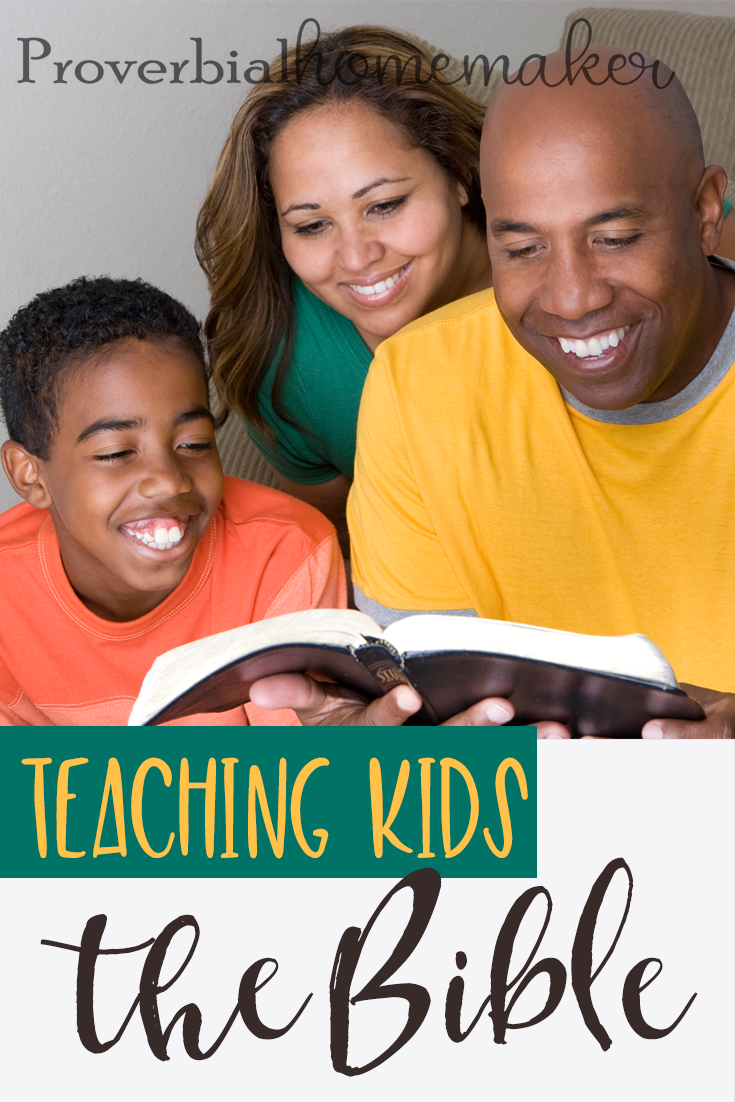
Disclosure: *This post may include affiliate links. As an affiliate, I earn from qualifying purchases.
Read the disclosures and terms for more information.
Teaching kids the Bible sounds like a daunting task. After all, the Bible is a really big book and it warrants a lifetime of study. Sometimes, in our apprehension, we may avoid teaching our kids the Bible at all.
It’s a mistake to turn from the clear Scriptural command (Psalm 78:1-8) to teach the Bible to our kids just because it seems overwhelming.
You can teach your children the Bible. You can help them recognize the overarching themes of God’s character and sovereignty, man’s sinful nature and separation from God, God’s plan for salvation, Christ’s sacrificial atonement for our sins, and our relationship with the King of the Universe.
You can do this. It will require some faithfulness on your part, but there are tools available for you to use, like Help Your Kids Learn and Love the Bible and Bible Road Trip™–which will help you take your kids through the Bible at a level they can understand.
I have a few tips that will equip you to teach your kids the Bible in a clear, concise way.

Download this FREE 130-page resource printable pack to help you teach your kids the Bible!
Teaching Kids the Bible: Tips for Success
1) Use the Bible
God’s word never returns void. (Isaiah 55:10-11)
There are some wonderful supplemental resources available that will help you explain biblical history and theology to your kids. You can use fun crafts, lapbooks, and notebooking to deepen your child’s understanding of Scripture. There are videos that will help your kids remember Bible stories and biblical themes. The tools we have available to teach kids the Bible are well produced and exciting.
However, it is most important that you are teaching kids the Bible using the Bible. They need to read the word of God. Tools are wonderful, but if they don’t lead you and your children to the Bible–if they aren’t used in addition to reading God’s word, they are nothing more than a distraction from the Scripture God has commanded us to teach to our children.
2) Use a Reading Plan
When you’re reading the Bible with your kids, it’s really helpful to use a reading plan. Taking your kids through the Bible from beginning to end makes the themes of Scripture much clearer. Another option is to begin by reading the New Testament with your kids, then read the entire Bible beginning in Genesis and ending in Revelation. That’s another great way to teach your kids the Bible.
Just because you’re reading the actual Bible with your children, it’s not always advisable to read every chapter. There are some parts of the Old Testament that are very difficult for young children. It’s ok to skip some parts, and add them into your reading as your children get older. By the time your kids are in high school, they should read the entire Bible.
3) Ask Questions
Have you ever noticed that Jesus often taught by asking questions? Asking questions is a great way to get our kids actively involved in learning through critical thinking and recall.
After each chapter you read in the Bible, take time to ask your children questions about what they’ve just read. This will help them both remember their reading, and dig deeper as they consider what they’ve just learned about God and the gospel.
4) Read Literally–Except When You Don’t
It’s important to understand the genre you are reading in the Bible. Books that are historical, law, and the gospels are true accounts of historical events. That means that when we read that God parted the Red Sea, Jesus turned water into wine, or a giant fish swallowed Jonah, we can tell our children with great confidence that those events actually occurred.
Sometimes, though, God uses poetic language, apocalyptic imagery, sarcasm, or figures of speech to convey his point through the writers of Scripture. If you struggle with identifying these areas, having a good study Bible will help. You’ll want to learn the genre each book is written in as well. For instance, the book of Daniel is a book of prophecy. In it, we learn about historical events, and we also learn of Daniel’s apocalyptic visions which are highly symbolic. We’ll talk more about genre and context in tip #5.
5) Learn about Context
Biblical context is important. Understanding factual information about history and people groups will help your child process what they read in the Bible. It’s also important to discuss information about each book of the Bible, like the genre, the writer, and the major themes. Tools about the Bible become very helpful when you are studying context.
It’s also important to read Scripture in the light of other Scripture. The Holy Spirit did not inspire any writer of the Bible to write in opposition to anything else in Scripture. All of the Bible agrees with itself. It’s important to recognize this fact. Having a working knowledge of the Bible can prevent you from interpreting Scripture wrongly.
Scholars spend their entire lives studying the Bible and interpreting Scripture in the light of the rest of Scripture. Again, having a soundly written study Bible can help you lead your child well when you reach a tricky part of the Bible. Never be afraid to tell your child that you don’t know the answer to their question and you will need to get back to them after you’ve done some research. Your family will appreciate your intellectual honesty. GotQuestions.org is a nice place to search for answers if you’re stuck.
6) Memorize Scripture
Joshua 1:8 (ESV) says:
This Book of the Law shall not depart from your mouth, but you shall meditate on it day and night, so that you may be careful to do according to all that is written in it. For then you will make your way prosperous, and then you will have good success.
One of the best ways to help your child meditate on Scripture day and night is to have them memorize Bible verses. Again, God’s word never returns void. When your children memorize Scripture, they hide it in their hearts so they might not sin against the Lord. (Psalm 119:11) Memorizing Bible verses with your child is a lifelong gift you can give them, starting today.
Check out this video about Bible activities your kids will remember for a lifetime for more fun ways to study the Bible as a family!
7) Incorporate Fun Projects
Lastly, if you’re using the Bible to teach the Bible, you’re consistently reading and discussing Scripture with your children, and you’re studying the Bible and its context with your kids, then using fun projects can be a wonderful way to reinforce what they’ve learned. Children are concrete thinkers, and having hands-on ways to explore Scripture can help them internalize truth in new and interesting ways. Your fun projects can include notebooking, lapbooking, crafts, games, object lessons, and more.
Teaching kids the Bible is doable, rewarding, and an act of obedience to our God. Not only can you teach your kids the Bible, you can enjoy and treasure the hours you spend doing so.
Help Your Kids Learn and Love the Bible (a note from Tauna)
Teaching my kids about God and His Word has always been important to me. However, figuring out exactly how to do that was a challenge, especially in those early years of parenting. How could I make sure our family devotions happened consistently? What should they look like? Did I know the Bible well enough to teach it confidently? What about Scripture memory?
Over the years I have learned a lot about teaching my kids the Bible. Much of what I’ve learned has come from Danika Cooley and her resources for families. We have used her curriculum Bible Road Trip for years in our homeschool and it has been such a blessing!
I am really excited to tell you all about Danika’s new book, Help Your Kids to Learn and Love the Bible. This is the book I wish had been around when my parenting journey first started! So much wisdom and great practical tips are included that it’s the book I’ll be gifting to new parents in the future.
Friends, I recommend Help Your Kids to Learn and Love the Bible to anyone who has questions about how to teach their kids the Bible. Even if you’re a veteran mom or grandma, you’ll still glean fresh ideas and encouragement for raising children who love God and His Word!
Learn more and download a FREE 130-page Bible resource printable pack!
{GIVEAWAY! Win a HUGE printed bundle of Bible Teaching Resources!}
I just LOVE Bible Road Trip and all the resources at Thinking Kids Press. They have been so valuable in our homeschool and we’ve used them for years!
I’m excited to share this fantastic giveaway! One winner will get a complete Bible Road Trip Starter Pack. You pick the level you want based on your kids’ ages, and you get a printed version of Bible Road Trip™ Year One and a paperback copy of Help Your Kids Learn and Love the Bible. Some levels include a printed notebooking journal and/or a printed timeline journal.

What’s Included in the winner’s Bible Road Trip Starter Pack:
1) LEARN THE BIBLE WITH BIBLE ROAD TRIP™
(One level of the Bible Road Trip™ curriculum is included in all five levels of the starter pack.)
Bible Road Trip™ is a three-year Bible survey curriculum for preschool through high school.
That means that if you start in preschool, you can take your child all the way through the Bible five times by the time he or she graduates from high school.
In just three years, your family will learn the whole Bible, focusing on the overarching themes of Scripture:
- Who God is
- Our fallen nature
- God’s sovereignty
- God’s plan for salvation through Christ
- Our relationship with God
2) BIBLE ROAD TRIP™ COORDINATING NOTEBOOKING JOURNALS INTENSIFY THE LEARNING!
(One level of the Bible Road Trip™ notebooking journal is included in the Lower Grammar, Upper Grammar, and Dialectic levels of the starter pack.)
The structured Notebooking Journal has room for:
- Copying the weekly memory verse
- Taking notes about each book of the Bible studied
- Several pages of notes about the weekly lessons
- A page to list prayer concerns for the country or people group studied that week.
Each Notebooking Journal has line widths and writing space appropriate for your students in the leveled grades.
3) WORLD HISTORY TIMELINE FOR KIDS
(One My Timeline Notebooking Journal is included in the Upper Grammar, Dialectic, and Rhetoric levels of the starter pack.)
The My Timeline Notebooking Journal is 132-pages, filled with beautiful artwork and plenty of room to record events.
The timeline expands as time progresses since there’s just more to record as the centuries progress. The timeline begins in 4000 BC to give you room to record from Creation forward.
4) A CRASH COURSE IN TEACHING THE BIBLE TO YOUR KIDS
(One autographed paperback copy of Help Your Kids Learn and Love the Bible is included in all five levels of the starter pack.)
Danika Cooley’s book, Help Your Kids Learn and Love the Bible, will give you the tools and confidence to study the Bible as a family. It will help you identify and overcome your objections and fears, give you a crash course in what the Bible is all about and how to teach it, and provide the guidance you need to set up a family Bible study habit.
You will finish this book feeling encouraged and empowered to initiate and strengthen your child’s relationship with the Lord through His Word.
Help Your Kids Learn and Love the Bible will equip you with everything you need to know to teach the Bible to your kids!
Danika Cooley’s book Help Your Kids Learn and Love the Bible is your crash course on teaching the Bible to your kids. Danika is an award-winning children’s author and Bible curriculum developer, and her popular Bible Road Trip™ is used by tens of thousands of families.


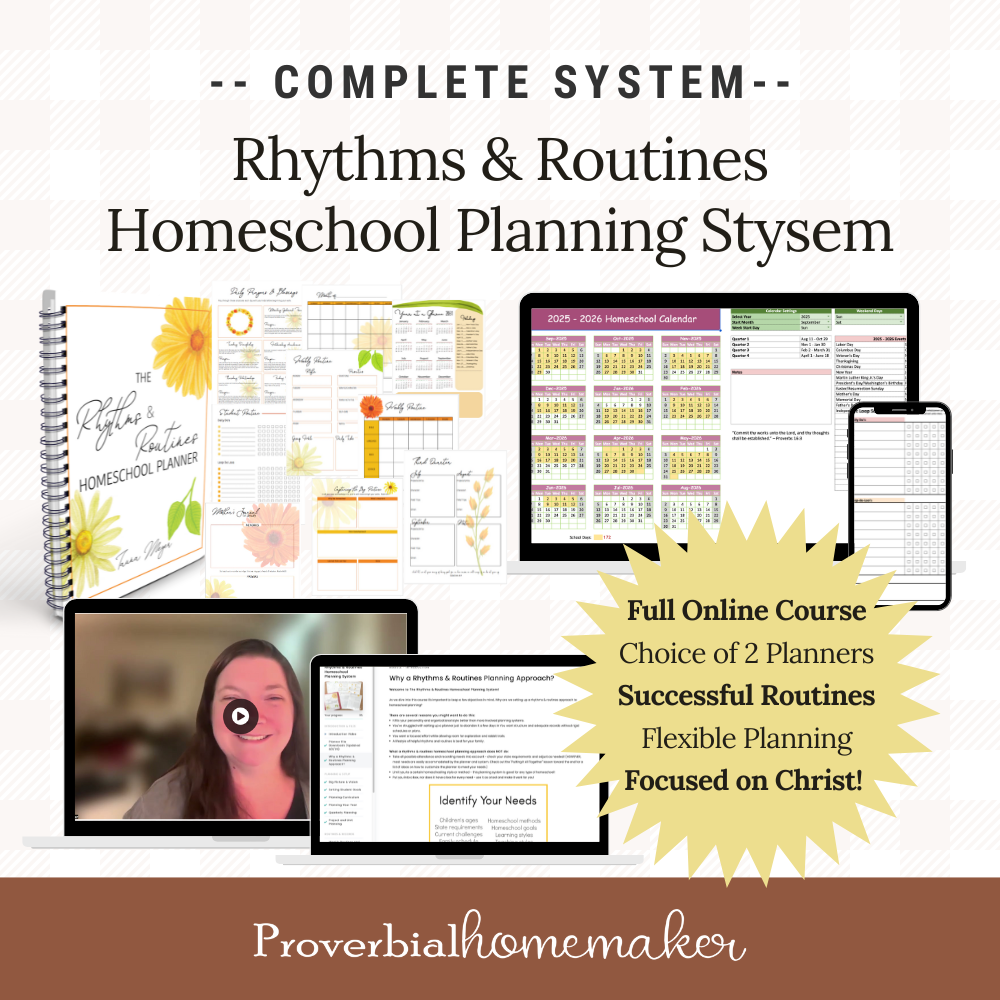
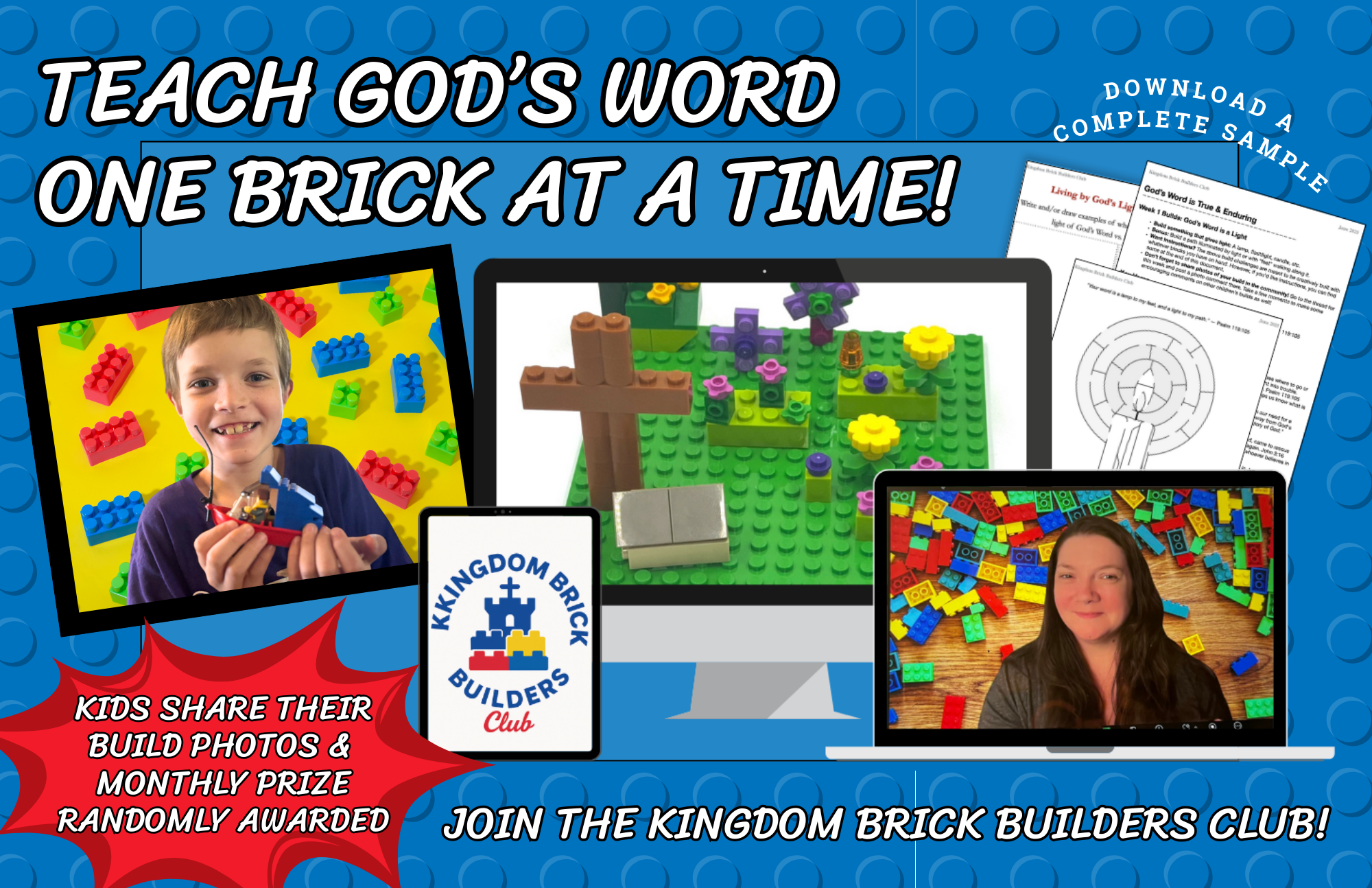
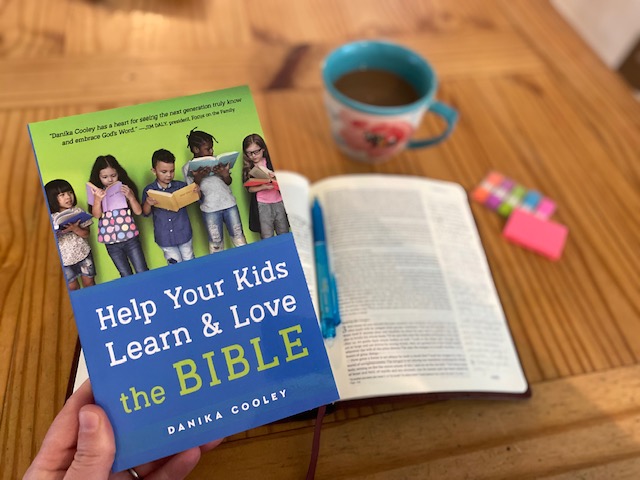
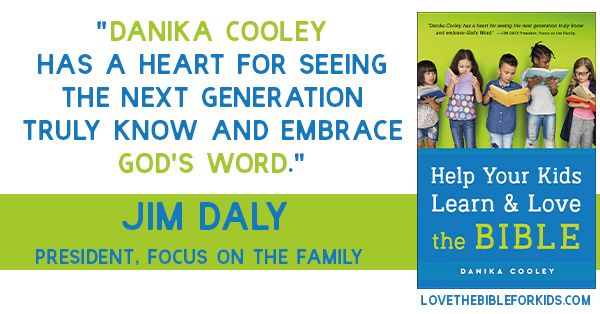




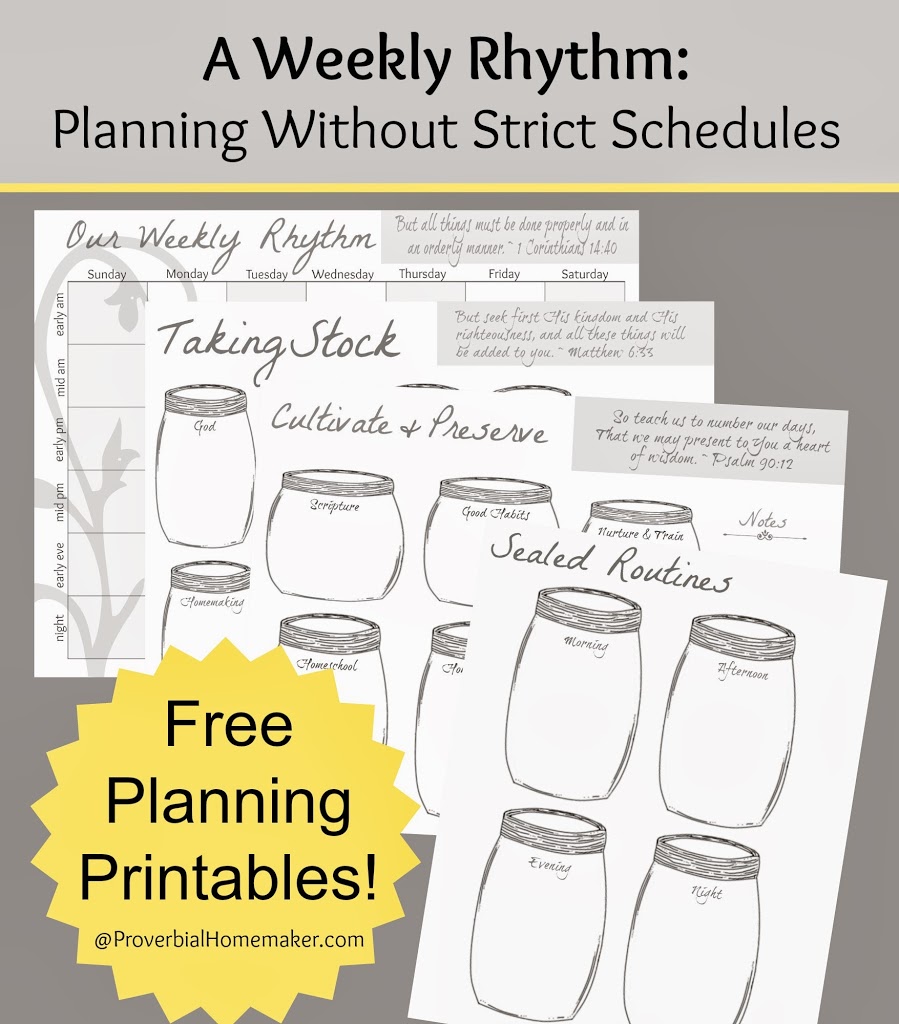


The Dialectic (Grades 7-9) level looks the best for our family right now! Thank you
I am excited to start this Bible Road Trip with my grandsons using the Upper Grammar level. I think they will enjoy it and it will fit in with our homeschool curriculum. It would be wonderful to be able to start that this summer and continue into the fall.
I think I would pick the upper grammar level 🙂
I would pick Level 2, and I would be most excited to have a copy of the timeline!
I would love to give the Upper Grammar level a try. The notebooking journal is the feature that piques my interest the most. This looks like an amazing curriculum!!
Thanks for the giveaway! I think I would pick either the Preschool/Kindergarten (my youngest is 4), or the Upper Grammer as my next one up is going to be in 6th and the notebooking journal would be easier for him to learn how to journal about his Bible reading
Upper Grammer grades 4-6
This looks amazing! I’ve been searching for an awesome Bible curriculum and I would love to ein this one!!
Such a great giveaway! I really struggle with how to teach my kids the bible. Especially how to get my kids to want to read it on their own. I would love to give this curriculum a try!
I have seen this for years and always been timid to try it. It seems daunting but doable. I love that all ages can learn together but at their age level!! I like that there’s printed version too. I would love to try year one.
I’m most excited about Danika Copley’s book. It’s been on my wish list for awhile now. My kids are young, so I would start at the beginning of the Bible Road Trip.
This curriculum looks so thorough and I love that it really is just the Bible as the main text with extra study and retention tools added in.
My children are preschool aged, so I would choose the preschool/kindergarten tool. I also like that it comes with a guide to help you teach your children to love God and the Bible.
I would choose the Lower Grammar (Grades 1-3) level, and I’m particularly excited about the Notebooking Journal.
Upper grammar. I love the timeline.
We have loved going through year 1 of Bible Road Trip.
:-)I would choose the upper grammar lessons!! My children are all growing so fast. I want to instill in them the love of God while they are young so they have a firm foundation for when the testing comes!